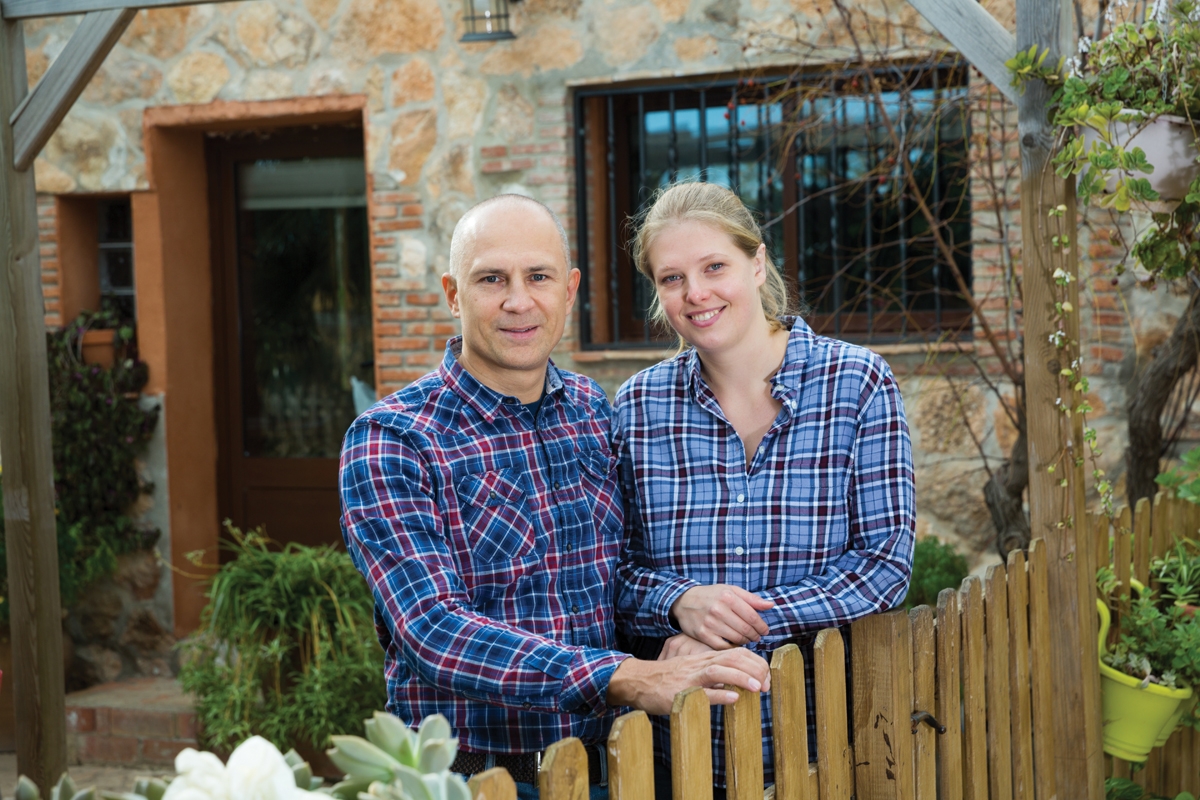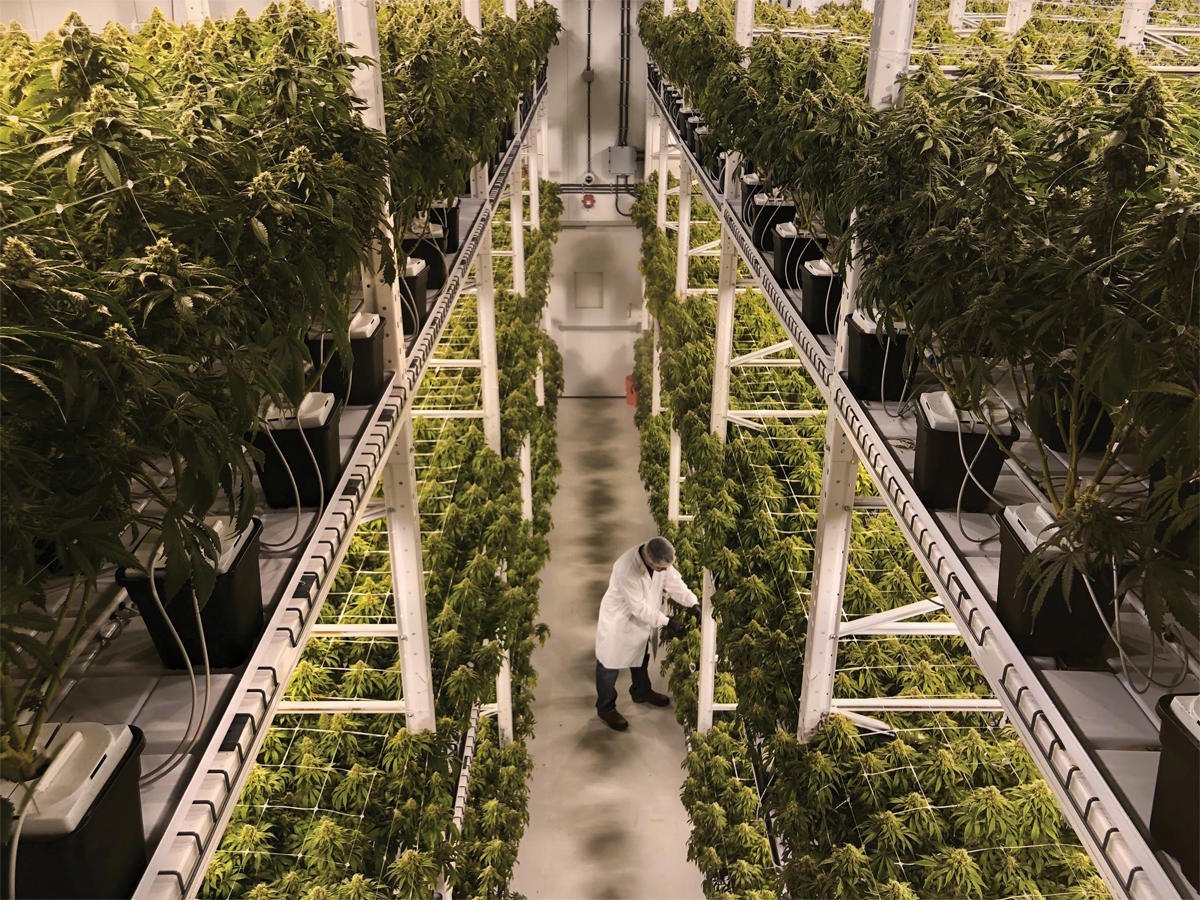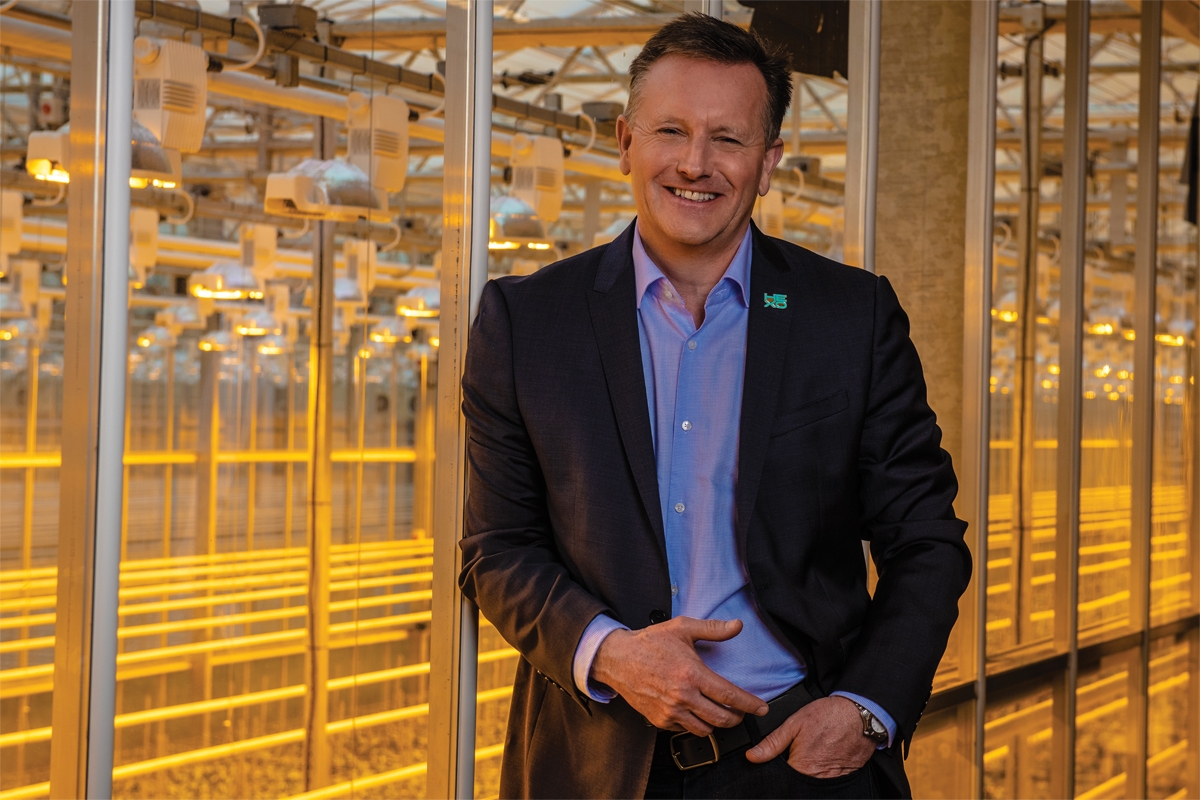
Being a good neighbour
Photo: Shutterstock
Sometimes, being a good neighbour isn’t about the size of the fence, but the conversation you have over it. That’s especially true in the cannabis industry.
Since establishing itself just outside the small rural Gatineau town of Masson-Angers in 2014, HEXO’s neighbours have been peering over the back fence in interest.
After all, in a very short few years, HEXO has grown from a two-man operation in a basement office to a mature corporation with 1.3 million sq. ft. of facilities in Gatineau alone, where a majority of the 1,100 employees work. Then there’s an R&D Centre of Excellence in Belleville, distribution facilities in Montreal, growing facilities in Niagara and Brantford, and offices in Hull and Oakville. Oh yeah, and there’s the expansion into Europe.
Not surprisingly, the neighbours have a few questions. That much was clear at a recent town hall meeting the company hosted on June 25th, at its modern new corporate offices at the Gatineau campus. Triggered by concerns over the naturally fragrant raw cannabis aromas coming from the greenhouses adjacent to Chemin du Quai (otherwise known as the Cumberland ferry road), HEXO decided to invite the neighbours over for a chat.
Thirty people came, loaded with questions about everything from light pollution and deforestation to fears over organized crime. Will the cannabis smell coming from the campus improve, someone wanted know? And will it affect children? (New environ-friendly odor-eliminating tech is being evaluated to supplement existing tech and no, the odor is not psychoactive.) Could your plant composting methods contaminate our water? (Definitely not.) Will your facility impact property values? (According to Centris.ca, housing sales in Masson-Angers have increased by nine per cent in the past year.)
The conversation, launched by HEXO CEO Sébastien St-Louis and moderated by Isabelle Robillard, the vice-president of communications, covered the gamut of concerns, and let the company share a bit more about its commitment to the community. They described training partnerships with CEGEP Outaouais and La Cité, installing solar panels for the Ottawa Food Bank, support for the Red Cross tornado relief efforts and the Papineau Health Foundation, the hands-on reforestation of urban areas with Trees Canada, as well as ongoing environmental assessments and water conservation.
It all sounded very positive and ended with the company reiterating its commitment to working with the residents to listen to their concerns about the new and largely unknown industry. Yet for HEXO, the takeaway message was much bigger, notes Robillard.
“While there remains a significant stigma about the cannabis industry, meeting the residents demonstrated there was an opportunity to share perspectives and viewpoints bilaterally. And frankly, it should have happened earlier,” she says.
“In real estate development, there are community consultations in which everyone’s concerns are heard. That approach is definitely something the cannabis industry can and should adopt to ensure we have a positive impact on the communities we operate in.”
And, judging by some of their neighbour’s questions about cannabis itself, she adds, the industry needs to do more public education.
“That’s on us as a new industry to create the space for questions to be asked, and to be there with expertise and knowledge so that people feel heard. That’s the case with all industries,” she adds, “but when you are building an industry ridden with stigma, it’s an even more important responsibility.”
Julie Beun is an Ottawa-based journalist and owner of J. Beun Media.









